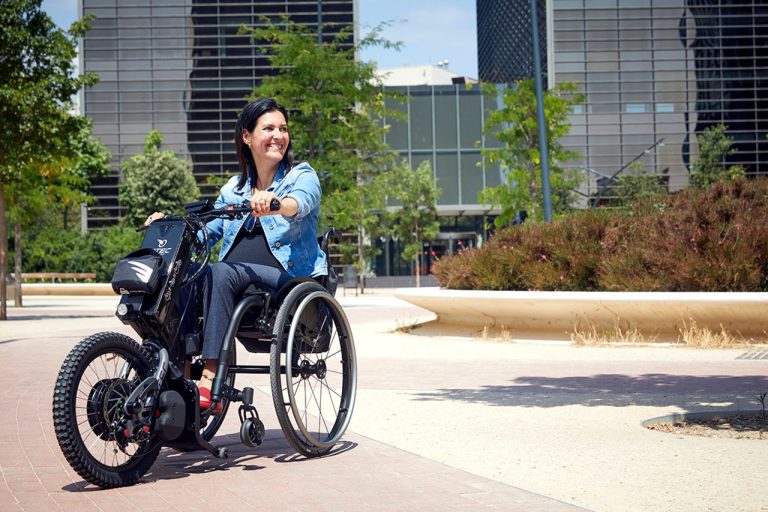For those suffering from kidney stones, there are two primary treatments used to remove the stones. These treatments are known as extracorporeal shock wave lithotripsy (ESWL) and ureteroscopy. Depending on the size and location of the stone, one treatment may be more suitable than the other. It is important to understand the differences between ESWL and ureteroscopy in order to make an informed decision on which is the best treatment for you.
Making the decision to break up kidney stones
Making the decision to break up kidney stones is a difficult one, but you’ve come to the right place to learn the facts. In this document, we’ll compare extracorporeal shock wave lithotripsy (ESWL) and ureteroscopy, so you can determine which is the best option for you. Shock wave lithotripsy is an effective method for breaking up kidney stones and has been used for decades. It works by using high-energy shock waves to break up stones that can then be more easily passed from your body.
Exploring the pros and cons of ESWL and Ureteroscopy
The age-old debate between Extracorporeal shock wave lithotripsy (ESWL) and Ureteroscopy is one that every sufferer of kidney stones has faced. Ureteroscopy, in contrast to the non-invasive Shock Wave Lithotripsy, involves putting a tiny camera and other tools through the urethra and bladder to view and break up the stones. But which one is better? Let’s explore the pros and cons of both procedures to see which one reigns supreme.
Comparing the costs and recovery time
With shock wave lithotripsy, you’ll be able to forget about kidney stones for a fraction of the cost and a fraction of the recovery time. While ureteroscopy is a more invasive procedure and requires a few days of rest and recovery, shock wave lithotripsy is a non-invasive procedure that can be performed in a matter of hours. The cost of shock wave lithotripsy is also significantly lower than the cost of ureteroscopy, making it a much more cost-effective option.
Conclusion.
Extracorporeal shock wave lithotripsy and ureteroscopy are both effective treatments for kidney stones. The choice of which treatment is best for an individual patient depends on the size, location and composition of the stone, as well as the patient’s overall health. Discussing the available options with a urologist is the best way to determine which procedure is best for an individual patient.















